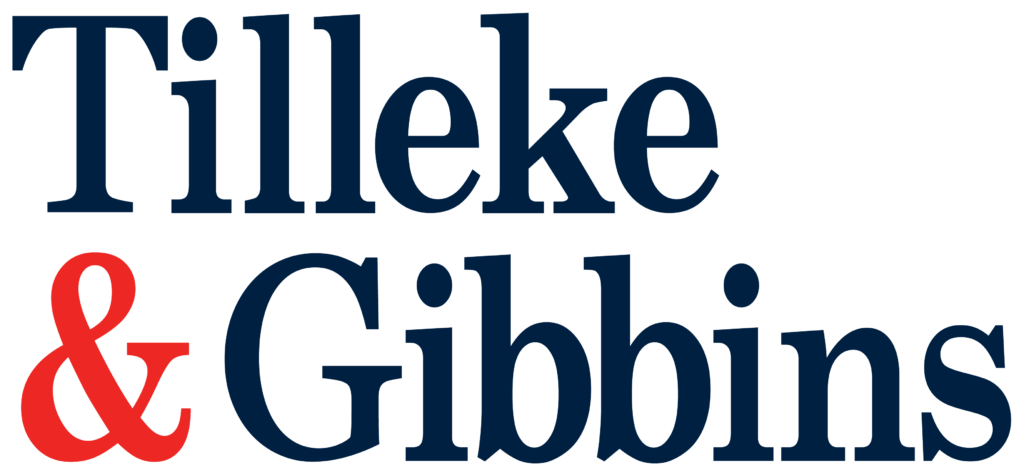The delisting of cannabis grown in Thailand on June 9, 2022, was a breakthrough moment for today’s new cash crop. Not only are cannabis farmers elated that such a step has been taken, it has triggered the establishment of an abundance of cannabis dispensaries in Bangkok and other popular tourist destinations in Thailand, including Chiang Mai, Pattaya, Phuket, and many islands.
Vulnerable populations such as children accessing cannabis has also become a hot-button issue. Thailand’s Ministry of Public Health (MOPH) was initially criticized by some for its policy of allowing cannabis to be sold with few restrictions. On June 17, 2022, the MOPH followed up with the Announcement Re: Controlled Herbs (Cannabis) under the Thai Traditional Medical Knowledge Act, which seemed to implement a viable mechanism to control cannabis dispensaries. This announcement contained prohibitions on selling cannabis to vulnerable populations and on smoking cannabis in public. Furthermore, the draft Cannabis and Hemp Act has included provisions related to sales and distribution channels and advertisements for particular dispensaries. However, the draft act has been delayed due to disagreements among the political parties during the reading of the legislation, and is unlikely to be implemented in the remainder of this year. The tug-of-war among the political parties has caused concerns about whether the country’s cannabis policy will be revisited and cannabis relisted as a narcotic.
Although it is unknown when the draft Cannabis and Hemp Act will be implemented, the MOPH has invested much effort in closing any loopholes that would allow the misuse of cannabis. The minister of the MOPH has announced that the MOPH announcement of June 17, 2022, will be repealed and replaced by the November 11, 2022, Announcement Re: Controlled Herbs (Cannabis). Unlike the prior announcement, the new announcement states that only the inflorescence of marijuana (Cannabis sativa) is a controlled herb. This means any dispensaries that sell such inflorescence must obtain a license from the MOPH first. Dispensaries that sell other parts of the marijuana plant (but not inflorescence) or hemp will not need a license. Similar to the prior announcement, it is prohibited to sell marijuana inflorescence to any person under the age of twenty, or to a pregnant or breastfeeding women. In addition, the new announcement also disallows the following:
- Selling marijuana inflorescence for smoking at a dispensary shop;
- Selling marijuana inflorescence through a vending machine, electronic channel, or computer network;
- Advertising marijuana inflorescence through any channel.
Dispensaries and online e-commerce platforms will be most affected by this new announcement, which may prove to be a powerful mechanism for moving the liberalization of cannabis forward while waiting for the draft Cannabis and Hemp Act to be implemented. Nonetheless, the legislative procedures in Thailand are complex. According to the Thai Traditional Medical Knowledge Act, MOPH announcements must be published in the Government Gazette before they can be implemented. However, the cabinet prefers that this new MOPH announcement not be published in the Government Gazette at this time—instead suggesting that the new announcement first be reviewed by the Office of the Narcotics Control Board (ONCB) at the Ministry of Justice. After receiving comments from the ONCB, the MOPH may need to revise the announcement.
Dispensaries and online e-commerce platforms therefore need to keep their focus on the progress of this new announcement, as it will greatly impact how they engage in their burgeoning cannabis businesses in Thailand once it is published.







